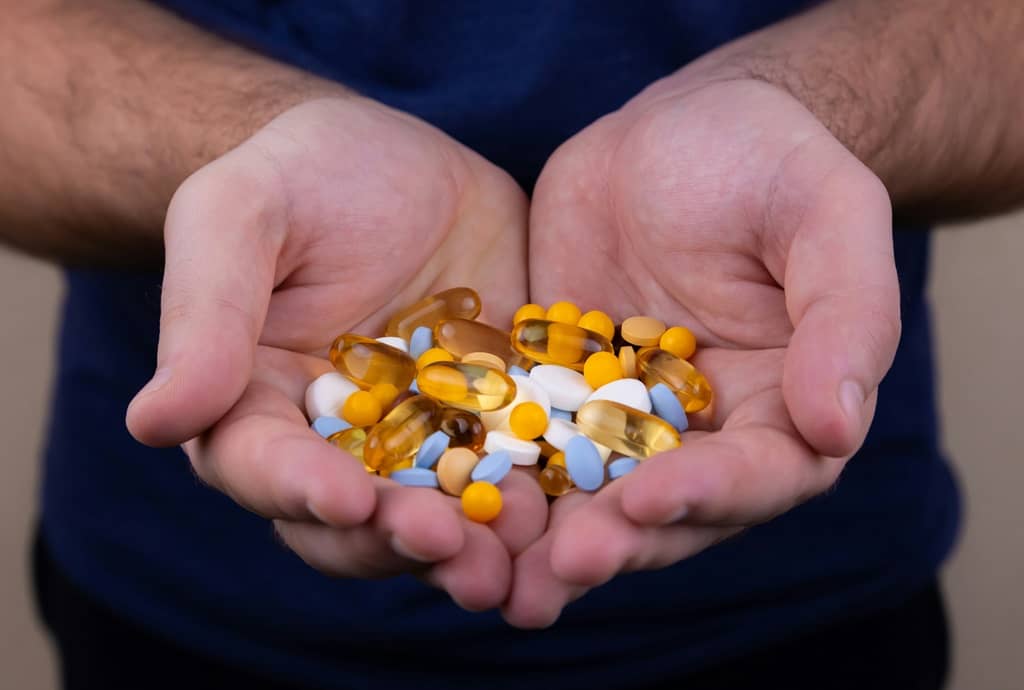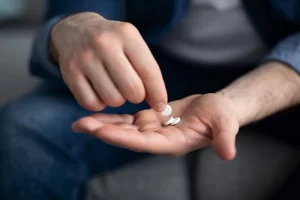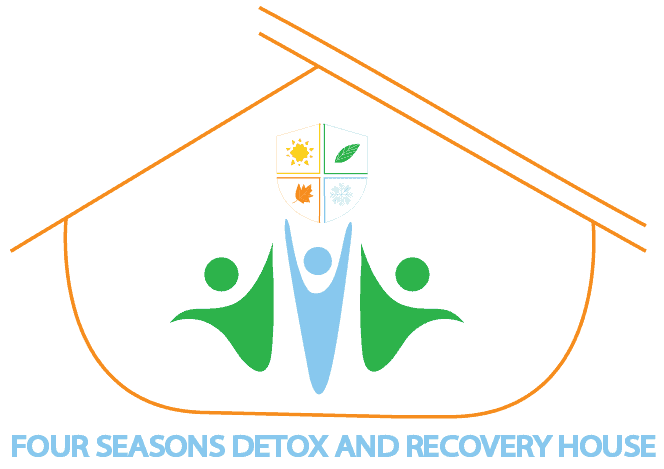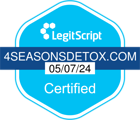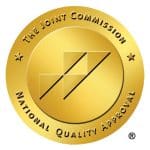Detoxification, commonly known as detox, is often considered the initial step in drug treatment. For individuals struggling with addiction, the prospect of undergoing detox can be daunting due to the uncertainty and discomfort associated with the process. One concern that frequently arises is the cost of detox. Many individuals wonder if detox is expensive and whether they can afford it. In this comprehensive guide, we will explore the various factors that contribute to the costs of detox and provide insights into how much you can expect to pay. So, let’s dive in and shed light on the financial aspects of detoxification.
Understanding Detox Costs
The cost of detox can vary significantly depending on various factors, such as the type of treatment facility, the length of stay, the specific detox services provided, the amenities offered, and the coverage provided by your insurance. On average, you can anticipate paying around $250-500 per day for medical detox at a treatment facility. It is important to note that these figures are approximate and can differ based on individual circumstances.
It is worth mentioning that the duration of your detoxification plays a crucial role in determining the final cost. Some inpatient addiction recovery centers include the price of detox in their treatment programs, which can range from $1,000 to $7,000 per week. To get an accurate estimate of the cost, it is advisable to directly contact the treatment facility and discuss your specific needs and requirements.
Factors Affecting the Cost of Addiction Treatment
Several factors influence the cost of addiction treatment, including the type of facility, the duration of your stay, the treatment options offered, the amenities provided, and your insurance coverage. Let’s delve deeper into each of these factors:
Type of Facility
The type of treatment facility you choose significantly impacts the cost of detox. In general, residential or inpatient treatment programs tend to be more expensive compared to outpatient programs. This is because inpatient programs provide round-the-clock care, accommodation, meals, and a structured environment. Outpatient programs, on the other hand, allow individuals to receive treatment during the day and return home in the evening, resulting in lower overall costs.
Length of Stay
The length of your stay in detox will also influence the total cost. Typically, the longer you remain in detox, the higher the expenses. However, it is important to remember that the duration of detoxification should be determined based on your specific needs and progress in treatment, rather than solely on financial considerations.
Treatment Options
The specific treatment options and services provided by the facility can impact the overall cost. Some detox programs may incorporate additional therapies, such as individual counseling, group therapy, holistic treatments, or specialized programs for co-occurring disorders. These additional services may increase the overall cost of treatment.
Amenities
The facilities and amenities offered by the treatment center can also affect the cost of detox. Luxury or high-end facilities may provide additional amenities such as private rooms, gourmet meals, spa services, and recreational activities. These luxurious amenities often come at a higher price tag.
Insurance Coverage
Insurance coverage is a significant factor in determining the cost of detox. The Affordable Care Act (ACA) mandates that addiction recovery services, including detoxification, be covered as part of the essential health benefits. However, the extent of coverage can vary depending on your insurance policy. It is essential to contact your insurance company to understand the specifics of your coverage and any out-of-pocket expenses you may incur.
Tax Deductibility of Detox Expenses
In some instances, fees charged by residential treatment centers for detox may be tax-deductible if they meet certain requirements set by the Internal Revenue Service (IRS). However, the eligibility for tax deductions and the amount you can deduct depend on various factors. To determine if you qualify for tax deductions and understand the necessary documentation requirements, it is advisable to consult with a tax professional.
Medicare Coverage for Detox
Medicare is a federal health insurance program that can help reduce the cost of detox, particularly for inpatient detoxification in dedicated mental health facilities. Original Medicare covers a portion of the cost of detox treatment, but you may be responsible for paying a deductible. If you are uncertain about Medicare coverage for detox costs, it is recommended that you contact Medicare directly for detailed information.
Seeking Treatment Regardless of Cost
While the cost of detox can be a significant concern, it is crucial to prioritize your health and well-being. Delaying or avoiding treatment due to financial worries can have severe consequences for your physical and mental health. Remember, there are various options available to help reduce the financial burden of detox, such as insurance coverage, tax deductions, and Medicare benefits. Additionally, some treatment facilities offer financial assistance programs or payment plans to make treatment more affordable. It is essential to explore all available resources and discuss your financial situation with the treatment facility to find a solution that works for you.
Conclusion
Detoxification is a critical step towards overcoming addiction, and cost should not be a barrier to receiving the necessary treatment. While detox expenses can vary depending on multiple factors, such as the type of facility, length of stay, treatment options, amenities, and insurance coverage, it is possible to find affordable options and explore financial assistance programs. Remember, investing in your health and well-being is invaluable, and seeking professional help is a crucial step towards a healthier, happier life. If you or a loved one is struggling with addiction, don’t let cost deter you from seeking help. Reach out to treatment facilities, insurance providers, and financial professionals to explore your options and embark on the path to recovery.

